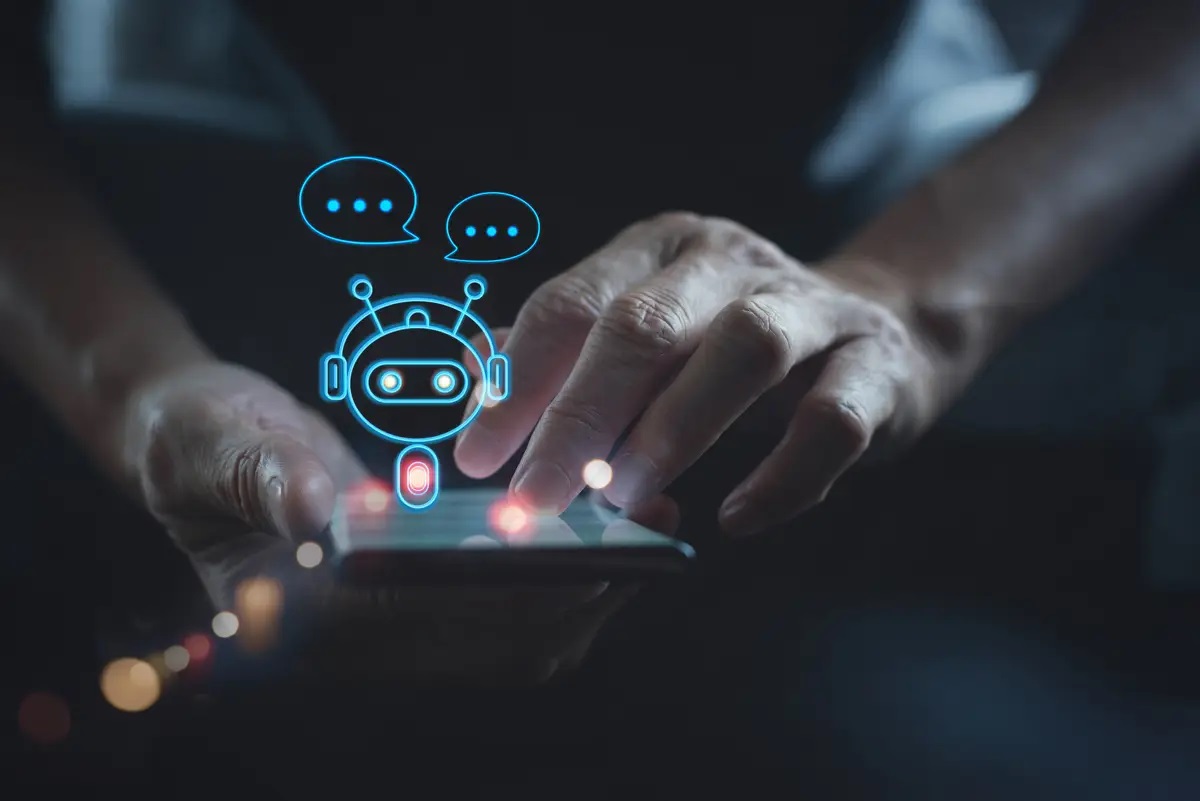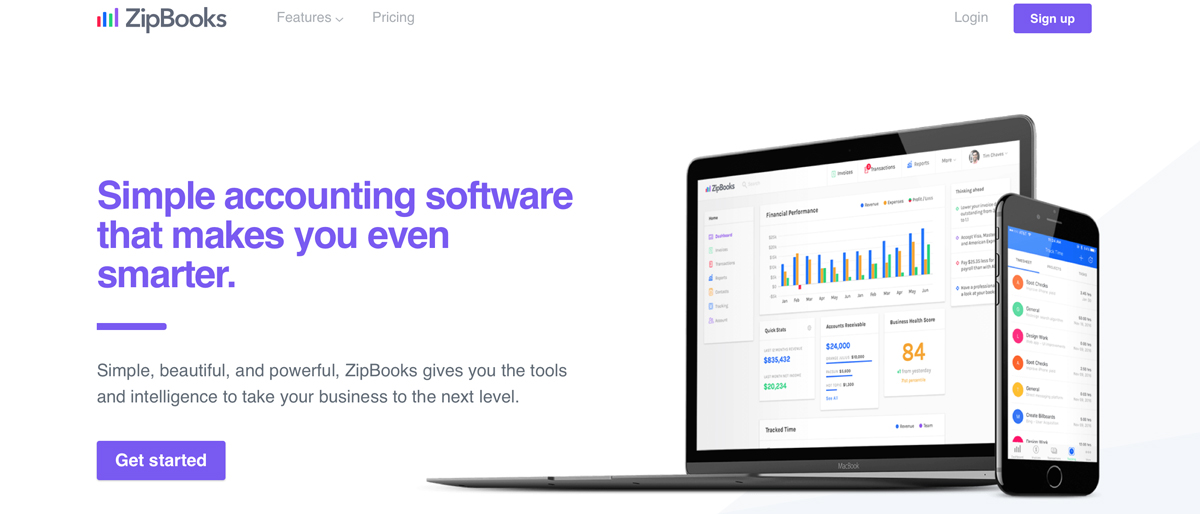ChatGPT is a fascinating tool that uses artificial intelligence to generate human-like responses to various questions and prompts. Everyone is talking about ChatGPT, an OpenAI tool that can write like a human and write poetry, prose, and even software code. Most of the talk is about amazement, fear, and warnings: amazement at what it can do, fear of cheating and being replaced by “robots,” and warnings about how dangerous it is for humans to let machines do creative work. Generative AI is by far the essential tech trend so far in this decade. ChatGPT is a fascinating tool that uses artificial intelligence to generate human-like responses to various questions and prompts. So, let’s look at six ChatGPT facts you likely did not know before to help us understand it better.
Click here and learn more about AI tools: https://aitooltracker.com/
Fun Facts About ChatGPT
Below are some fantastic facts about ChatGPT you never knew before.
1. ChatGPT Has A Sense Of Humor
While ChatGPT cannot understand sarcasm or irony, it can generate humorous responses to specific prompts. For example, if you ask it to tell you a joke, it might respond with something like, “Why did the tomato turn red? Because it saw the salad dressing!” While not exactly a knee-slapper, it’s still impressive that ChatGPT can generate jokes on the fly.
2. ChatGPT Can Rap
One of the more unusual applications of ChatGPT is as a rap generator. Several websites and tools use ChatGPT to generate rap lyrics, and the results can be surprisingly good. For example, one website called “Talk to Transformer” allows users to input the first line of a rap verse, and ChatGPT will generate the rest. The results are not always perfect, but they can be impressive nonetheless.
3. ChatGPT Can Generate Original Fiction
In addition to generating responses to user prompts, ChatGPT can also generate original fiction. In 2020, OpenAI released a tool called “GPT-3”, a more advanced version of ChatGPT. One of the applications of GPT-3 is a creative writing tool allowing users to input a few keywords or prompts and generate a short story or poem. The results can be surprisingly good, and there are even some examples of GPT-3-generated fiction being published in literary magazines.
4. ChatGPT Can Generate Recipes
If you’re ever in need of a new recipe to try out, ChatGPT might be able to help. Several websites use ChatGPT to generate recipe ideas based on user input, such as the ingredients you have or the type of cuisine you’re in the mood for. The results can be hit-or-miss, but it’s still an exciting application of the technology.
5. ChatGPT Can Learn From User Feedback
One of the advantages of using machine learning algorithms like ChatGPT is that they can learn from user feedback. If a user provides feedback on a particular response generated by ChatGPT, the algorithm can use that feedback to improve future responses. This feedback loop is one of the reasons why ChatGPT is becoming more accurate and reliable over time.
6. ChatGPT Is Not Infallible
While ChatGPT is a remarkable tool, it is not. It can generate biased or inaccurate responses based on the data it was trained on, and it may struggle with understanding complex or abstract concepts. Additionally, there are concerns about the potential misuse of the technology, such as creating fake news or spreading misinformation. It’s essential to recognize the limitations of ChatGPT and use it responsibly. Furthermore, to address these concerns, tools like GPTZero, which you can look at Academic Help, have been developed. They help to detect AI-generated text, potentially mitigating the spread of misinformation by differentiating between human and machine-written content.
Conclusion
In conclusion, ChatGPT is a powerful and fascinating tool that has the potential to transform the way we communicate and interact with machines. Its ability to generate human-like responses to a wide range of prompts is remarkable, and its applications are wide-ranging. However, it’s essential to recognize its limitations and use it responsibly to avoid the potential pitfalls of the technology.








Add Comment